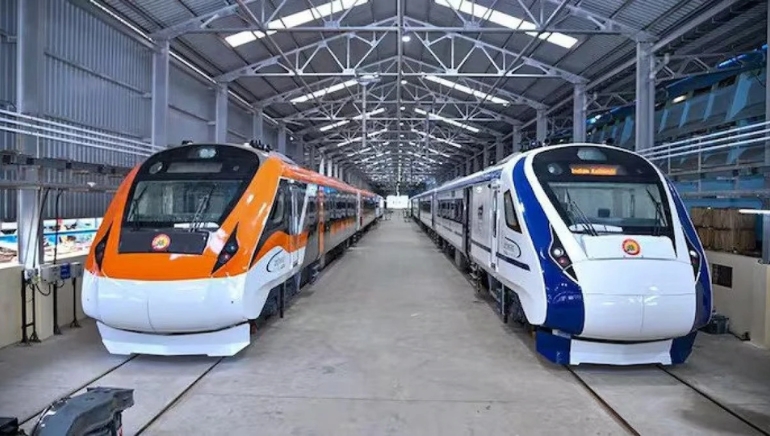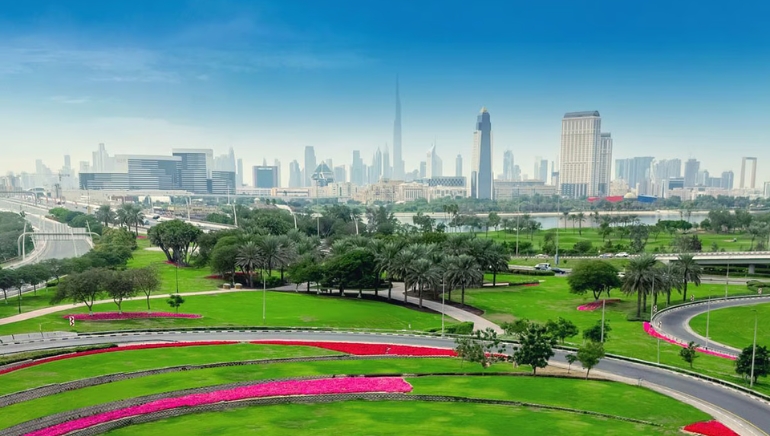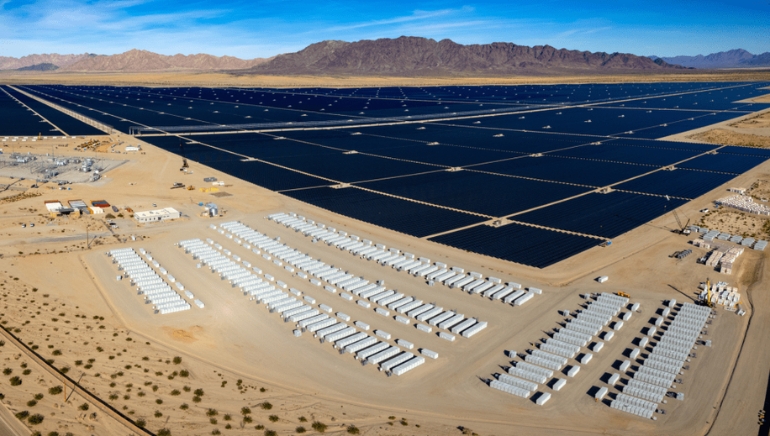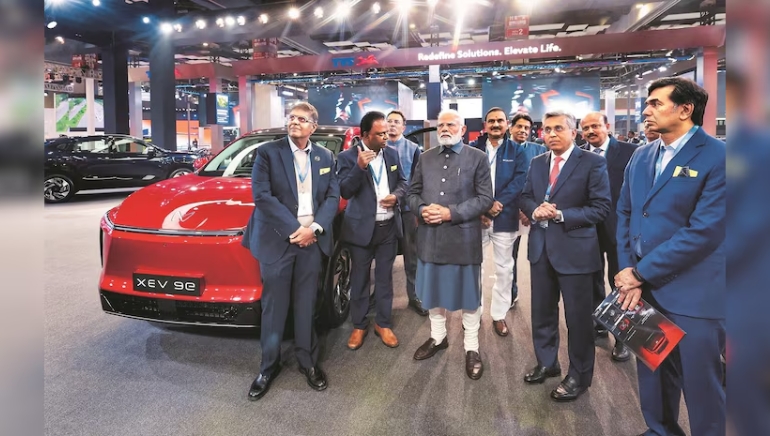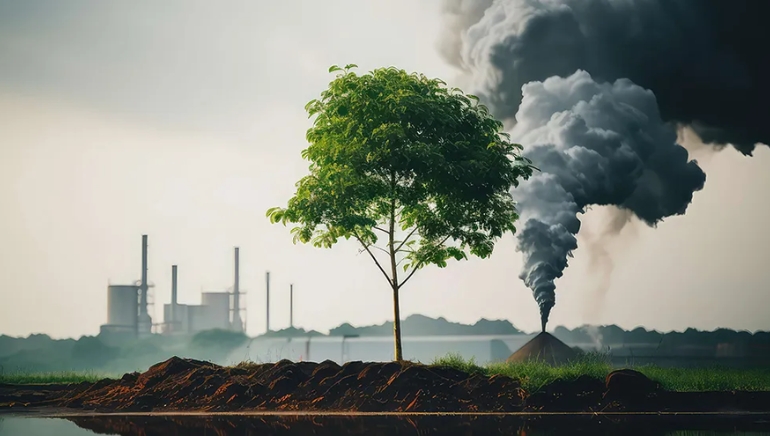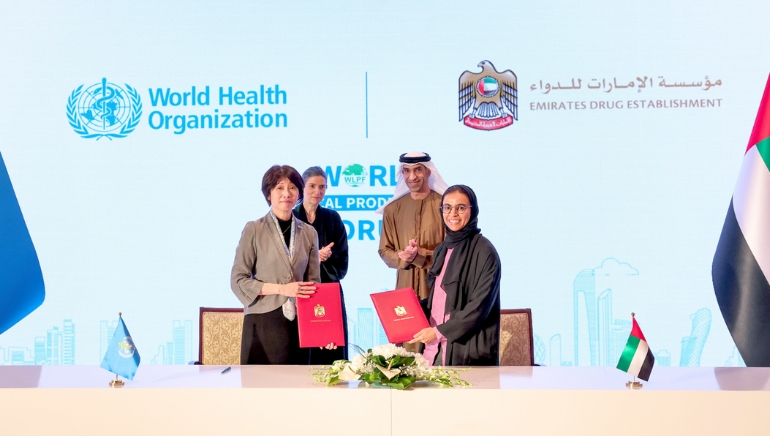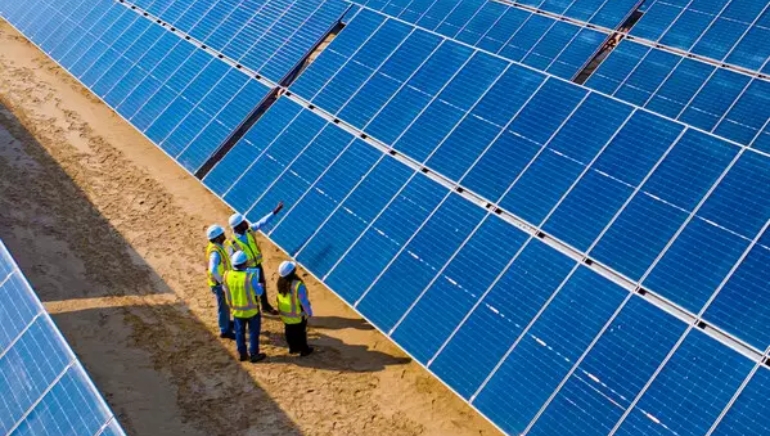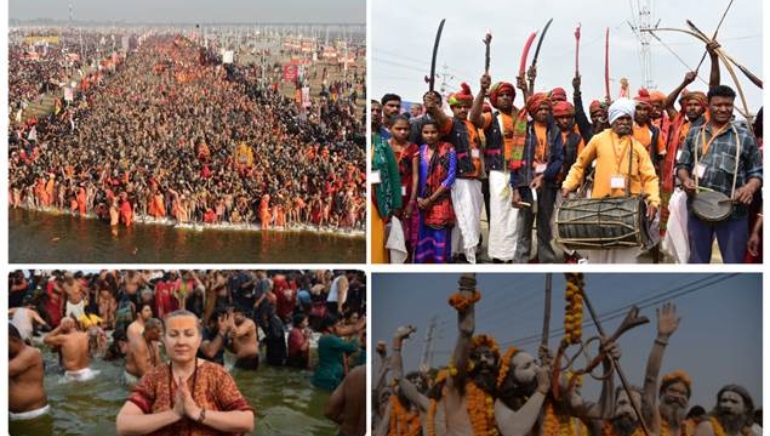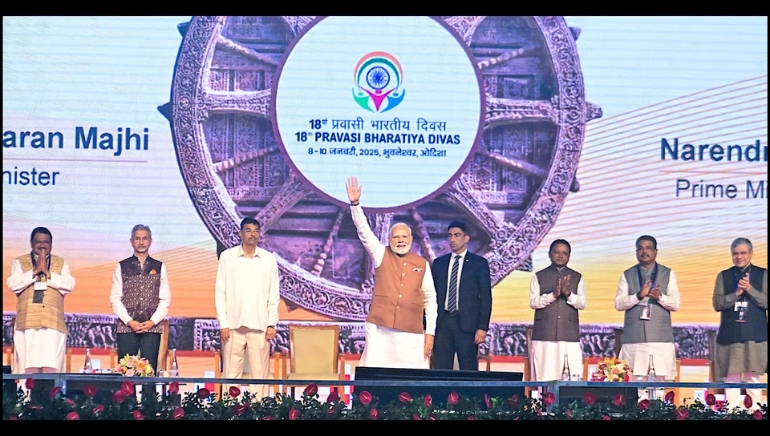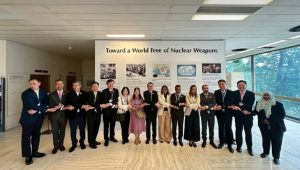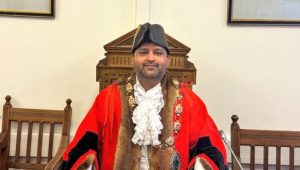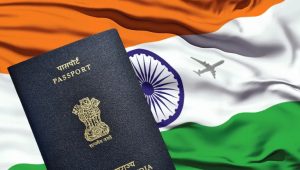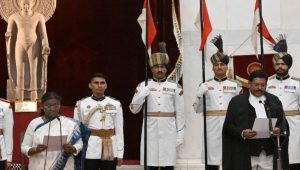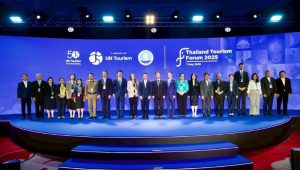India intends to prioritise railway modernisation in the 2025/26 federal budget, increasing funding for railroads while only significantly increasing funds for road projects. This transition comes amid execution issues in the road transport industry, despite major post-pandemic investments. Nirmala Sitharaman, the Minister of Finance, is anticipated to announce the budget on February 1st.
The railways ministry’s budget could increase to ₹2.9 trillion to ₹3 trillion ($33.5 billion-$34.7 billion), from ₹2.55 trillion. This would enable the expansion of Indian Railways’ network and the installation of 400 high-speed Vande Bharat trains by 2027. Furthermore, the emphasis will be on increasing rail freight capacity.
To contrast, the Ministry of Road Transport anticipates a moderate increase of 3% to 4%, which will bring the total to ₹2.9 trillion ($34.7 billion). Despite a sixfold increase in spending over the last decade, execution has lagged due to land acquisition and project delays, with just 54% of the budget allocated by November 2024. The ministry aims to raise cash for a 50,000-kilometre high-speed road network by selling toll rights and monetising road assets, with an annual budget of 1 trillion.





